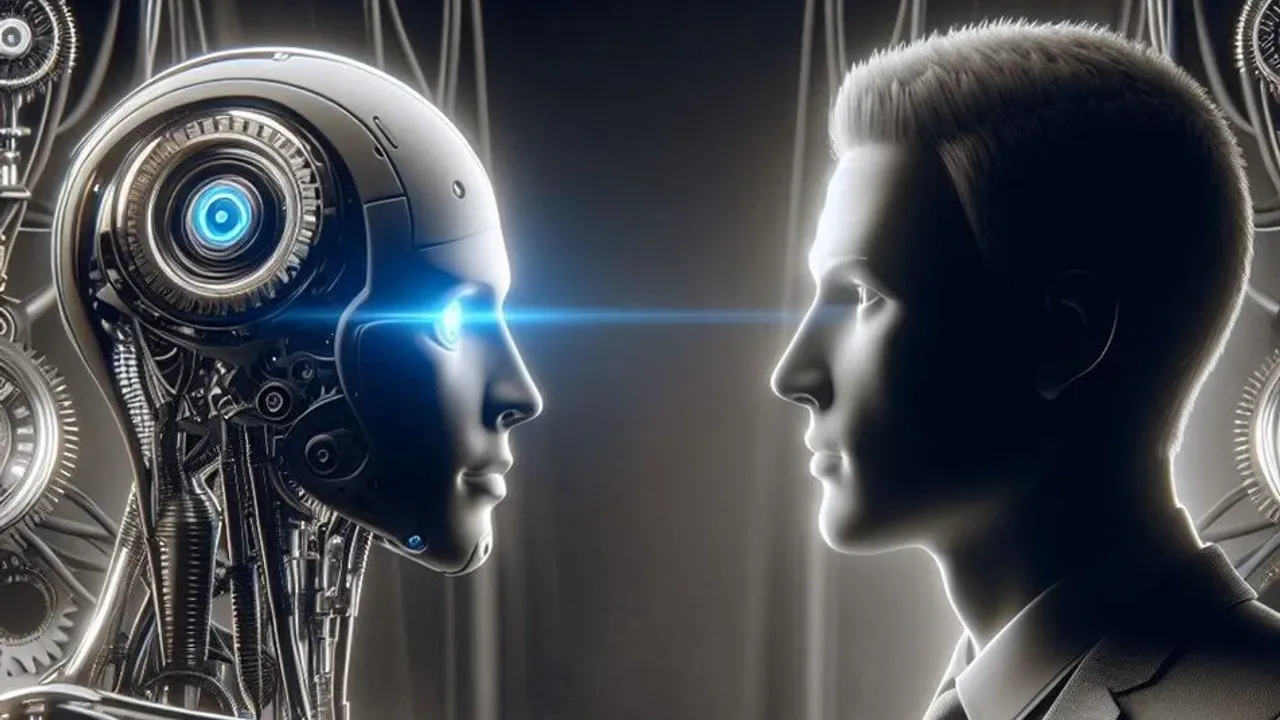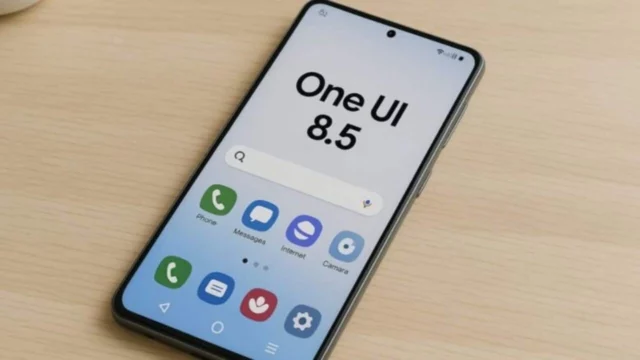A new report published by the Max Planck Institute has revealed that AI-powered chatbots are not limited to the production of written text, but have begun to directly affect people’s everyday language. According to the study, the widespread use of language models such as ChatGPT in particular has caused a noticeable change in users’ word preferences.
People are starting to talk like ChatGPT
One of the striking findings in the report is that certain words frequently used by AI are also becoming common among humans. Terms such as “delve” (to examine in depth), “adept” (master), “meticulous” (meticulous), “realm” (area), “intricate” (complex), and “underscore” (to emphasize), which were previously rare in everyday English, are now becoming part of natural conversations.

These words were initially easily recognizable as expressions specific to the AI’s style. However, as users begin to adopt this language, the distinction between human and AI texts is increasingly blurred.
This language change is not limited to words alone. At the same time, the effect of artificial intelligence is also observed in sentence structures, emphasis styles and expression preferences. The fact that especially educated, official or analytical tones are heard more frequently shows that this change is not limited to social media or correspondence, but is also reflected in face-to-face communication.
The shaping of everyday language with technology is not a new phenomenon. However, the striking difference is that this time the change is not driven by users, but by machines. Language models unknowingly create a language standard while producing content for people.
So what do you think about this issue? You can share your views with us in the comments section below.













